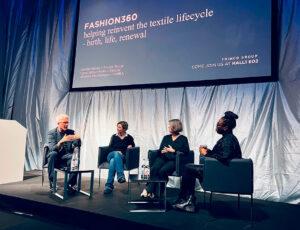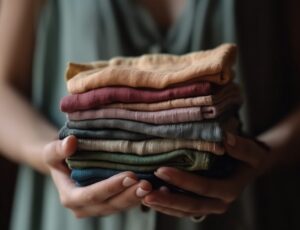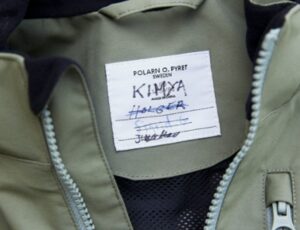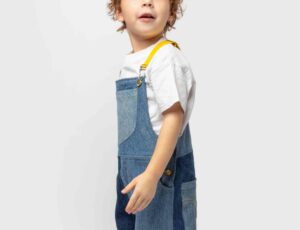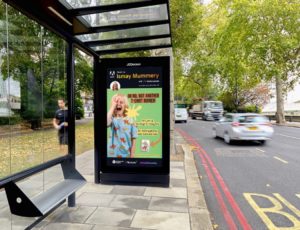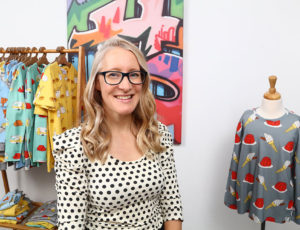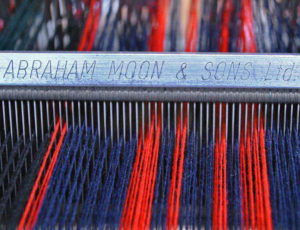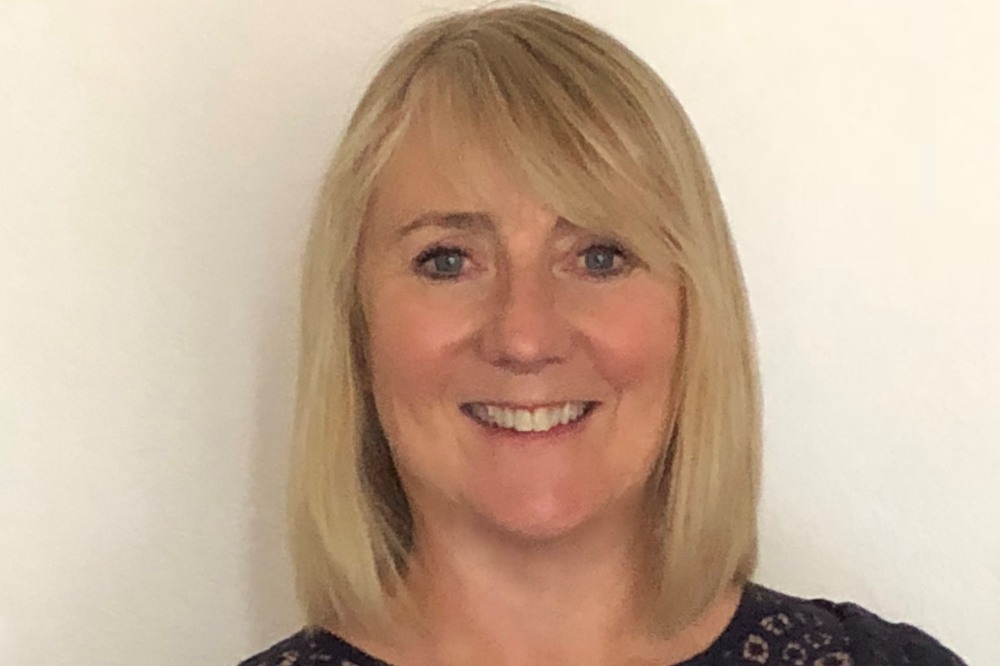
Sharon Beardsworth is well known within the childrenswear industry as a champion of independent – particularly sustainable – brands, and as chairman of the former National Childrenswear Association. Here she reveals more about her new venture, NoBull Sourcing.
Laura Turner: What’s the story behind NoBull Sourcing?
Sharon Beardsworth: Retailers and brands frequently contact me wanting to work in a way that minimises their environmental footprint, but they are unsure as to how or where to place their production and how to trust ‘eco-friendly’ suppliers. NoBull Sourcing was born from the desire to answer these questions in a straightforward, no-nonsense way.
LT: How do you define sustainability in textiles?
SB: Of all the questions, this is arguably the most difficult to answer. There is no dictionary definition of sustainability in textiles, and greenwashing has made it even more difficult to know when a company is genuinely trying to reduce waste/work with sustainable fabrics. Sustainable clothing materials refer to fabric that comes from eco-friendly resources, like sustainably grown fibre crops or recycled materials. How the fabrics are manufactured also determines just how sustainable they are. The focus now is on circular fabrics or garments, ensuring that used garments do not end up in landfill but are recycled and given new life.
LT: What are the key certifications to look out for?
SB: There are many different accreditations for sustainable fabrics and factories, but the main ones to look for that operate globally include Oeko-Tex® standards. Products bearing the Oeko-Tex® Standard 100 and Oeko-Tex® Leather Standard labels have been scientifically tested for the presence of harmful substances and are a better and safer choice for your health. Textiles and leather carrying the Oeko-Tex® Made In Green label are produced more sustainably in socially responsible workplaces and the Oeko-Tex® STeP Certification and Detox To Zero analysis set the highest standards for social and environmental aspects of textile and leather production. Chemicals and treatments that meet the Oeko-Tex® Eco Passport standard have been tested and analysed against strict criteria for a lower environmental impact and Oeko-Tex® Responsible Business supports you in preventing or mitigating existing and potential negative impacts of business operations within your own activities, your supply chains and your further business relationships.
There is also the Global Organic Textile Standard (GOTS). This standard stipulates requirements throughout the supply chain for both ecological and labour conditions in textile and apparel manufacturing using organically produced raw materials. Finally, there is Sedex, which over 74,000 companies across the world have chosen as their trusted partner to create more socially and environmentally sustainable businesses and supply chains. Its leading technology platform, data insights and expert guidance make it easy for companies to manage, assess and report on sustainability performance and meet their supply chain goals.
LT: Is it much more expensive to use organic fabric?
SB: Intrinsically, organic cotton is more costly than other cotton, sometimes up to 20% more. Organic cotton avoids forced or child labour, looks after the environment through sustainable farming techniques and protects the rights of those who produce it. As a result, it is often more expensive. However, there are many new developments within textile production. And, with the demand for sustainable fabrics now being felt by the large multiples, the price differentiation between organic and non-organic fabric is diminishing. We are at the point with NoBull Sourcing where we can offer comparable prices between organic and non-organic cotton simply because of the quantities that we are using.
LT: Is there the same variety within organic fabrics?
SB: It is now possible to get almost all kinds of printing, embroideries and trims in organic and eco-friendly forms. There are still challenges, such as sequins and some waterproof fabrics, but the availability of new and recycled fabrics is impressive and, realistically, no longer restrictive.
LT: Can you tell us more about greenwashing?
SB: Greenwashing happens when a company makes an environmental claim about something it is doing that is intended to promote a sense of the environmental impact that doesn’t exist. The green claim is typically about some form of positive effect on the environment. Companies can also greenwash initiatives with vague claims that don’t provide real data or scientific validation for the claims. Using terms such as ‘sustainable’, ‘green’ or ‘eco-friendly,’ or just claiming to be ‘good for the planet’ or ‘better for the environment’ can help organisations appear to be greener.
The reality of such non-specific terms is that they can be, and often are, used without supporting evidence or facts that could be easily relayed to the consumer. As such, an organisation is simply labelling or promoting a product or service as being ‘green’ when in fact there is no verifiable evidence that it is more environmentally sustainable. Dispelling the myths perpetrated by greenwashing is all part of the NoBull ethic.
LT: Where can readers learn more about NoBull Sourcing?
SB: They can contact me at nobullsourcing@gmail.com, call me on 07971 519567 or click here.






